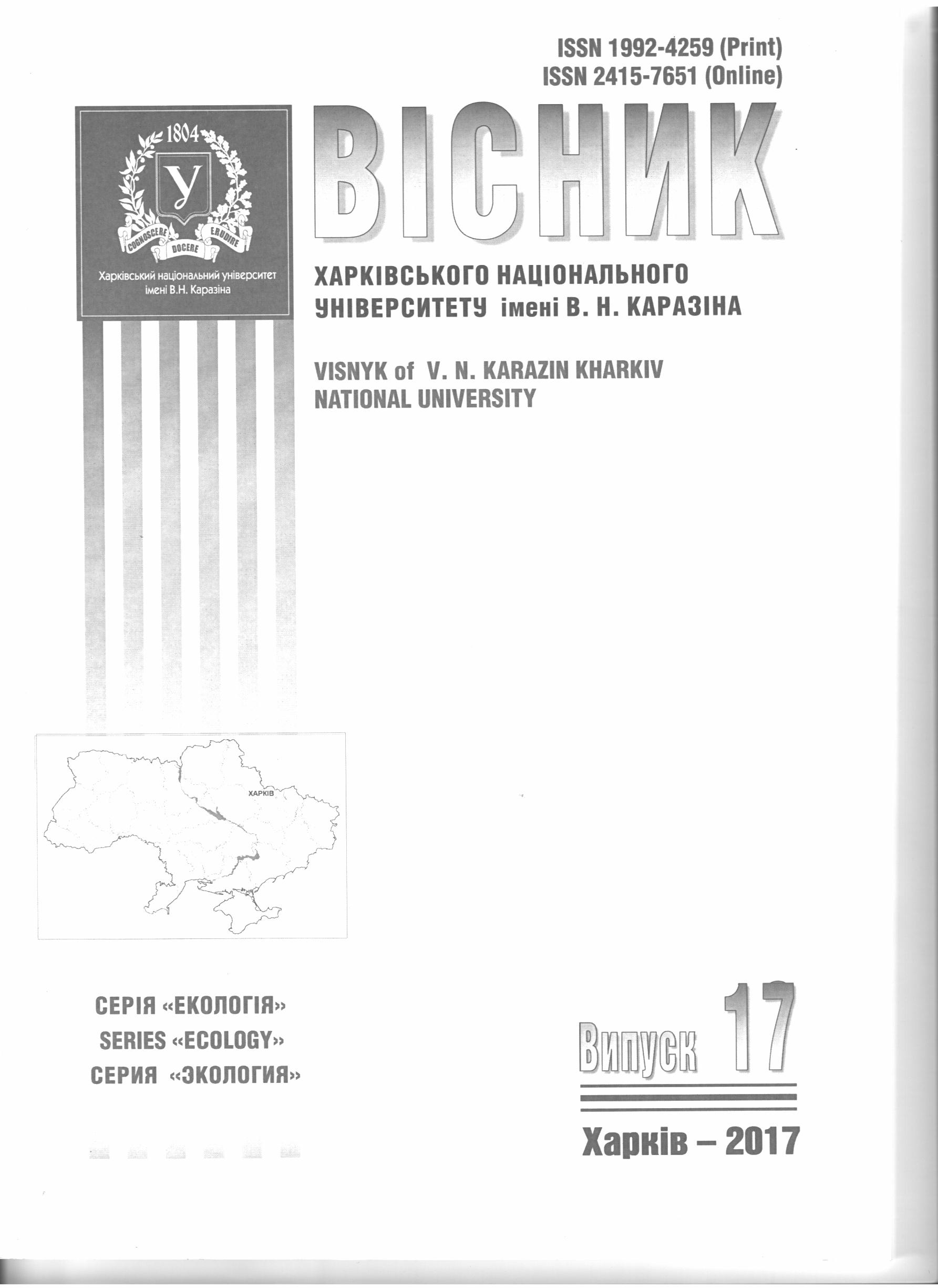Investigation of demand and consumer requirements of holidaymakers in suburban areas
Abstract
At present, the suburban areas are of primary importance for short-term summer rest. Equally important is the fact that a country recreation facilities in the perception of a person is a direct embodiment of nature and counterbalance the urban environment. Departure from the city on weekends has already become an important part of the rhythm of life of the citizens. The requirements for the selection of recreational facilities best reflect the unorganized repose, because they are mobile and able to choose the locations of summer camps that are not tied to existing recreational facilities and where it is possible to do swimming, walking, picking mushrooms and berries, etc. Investigation of consumer preferences of recreational establishments can justify indicators of evaluation of local area territories for further development in the most suitable territories of recreational activity on the basis of small recreational objects. On the basis of literary data, the consumer preferences of recreationists who plan and make a short-term recreation on the shore of a water object are investigated. The peaks of the desired duration of the trip are determined, as well as the requirements for the presence in the landscape of a combination of elements such as mountains, hills, forest, water spaces, while most tourists consider it compulsory to have a water object near the recreation area. The most desirable holiday season is summer. Within the framework of this work, demand, motivation, expectations and interests of unorganized vacationers on the coast of the river Siversky Donets in the summer period of 2014-2016 were also studied. In the study, simple random sampling procedures were used. The total number of respondents was 167 people: 65 people in 2014, 53 people in 2015 and 48 people in 2016. The questionnaire included several question groups. Based on the answers of tourists three groups of criteria for evaluation of recreational territories of the local level were formed: natural resource criteria, environmental criteria and socio-economic criteria. These criteria are the basis for the formation of sets of quantitative indicators and calculation of the estimated rank of selected territories.
Downloads
References
2. Кифяк В.Ф. Організація туристичної діяльності в Україні. URL: http://tourlib.net/books_ukr/kyfjak_10.htm
3. Кузьменко Ю. Туризм: экологический, зелёный или сельський? URL: http://www.ruraltourism.com.ua.
4. Перспективы развития туризма в Автономной Республике Крым. Часть 1. Исследование туристов Ук-раины. Отчет «Research and Branding Grouр Со» // ПРООН, Совет по человеческой безопасности при Председателе Верховного Совета АРК, 2013. – 57 с.
5. Рогаченко А.С., Карлова А.И.. Анализ деятельности санаторно-курортного комплекса АР Крым и перспективы его развития. Культура народов Причерноморья. №220, 2012. С.90-93.
6. Тавкешева Т. Х., Каранашев А.Х. Маркетинговое исследование потребительских предпочтений на региональном рынке туристско-рекреационных услуг (на примере Кабардино-Балкарской республики). ФӘН-Наука. № 7, 2012. URL: http://cyberleninka.ru/article/n
7. Щитова Н. А. География образа жизни: теория и практика регионального исследования: Дис. ... д-ра геогр. наук: 25.00.24. Москва, 2005. 334 с.
8. Анісімов С.В. Аналіз споживчих переваг рекреантів щодо короткочасного літнього відпочинку. Вісник Київського національного університету ім. Т.Г.Шевченка. Географія. вип.1 (63). 2015. С.91-93.
9. Анисимов С.В., Анисимова С.В. Обоснование приоритетности развития рекреационных территорий локального уровня. East European Scientific Journal .N10, part 4, 2016. С. 53-57.
10. Анисимов С.В. Обоснование выбора локальных территорий для организации малых рекреационных объектов. Людина та довкілля. Проблеми неоекології. № 1-2(25). 2016. С. 70-76.
Authors who publish with this journal agree to the following terms:
- Authors retain copyright and grant the journal right of first publication of this work under the terms of a license Creative Commons Attribution License 4.0 International (CC BY 4.0).
- Authors are able to enter into separate, additional contractual arrangements for the non-exclusive distribution of the journal's published version of the work (e.g., post it to an institutional repository or publish it in a book), with an acknowledgement of its initial publication in this journal.
- Authors are permitted and encouraged to post their work online (e.g., in institutional repositories or on their website) prior to and during the submission process, as it can lead to productive exchanges, as well as earlier and greater citation of published work.





